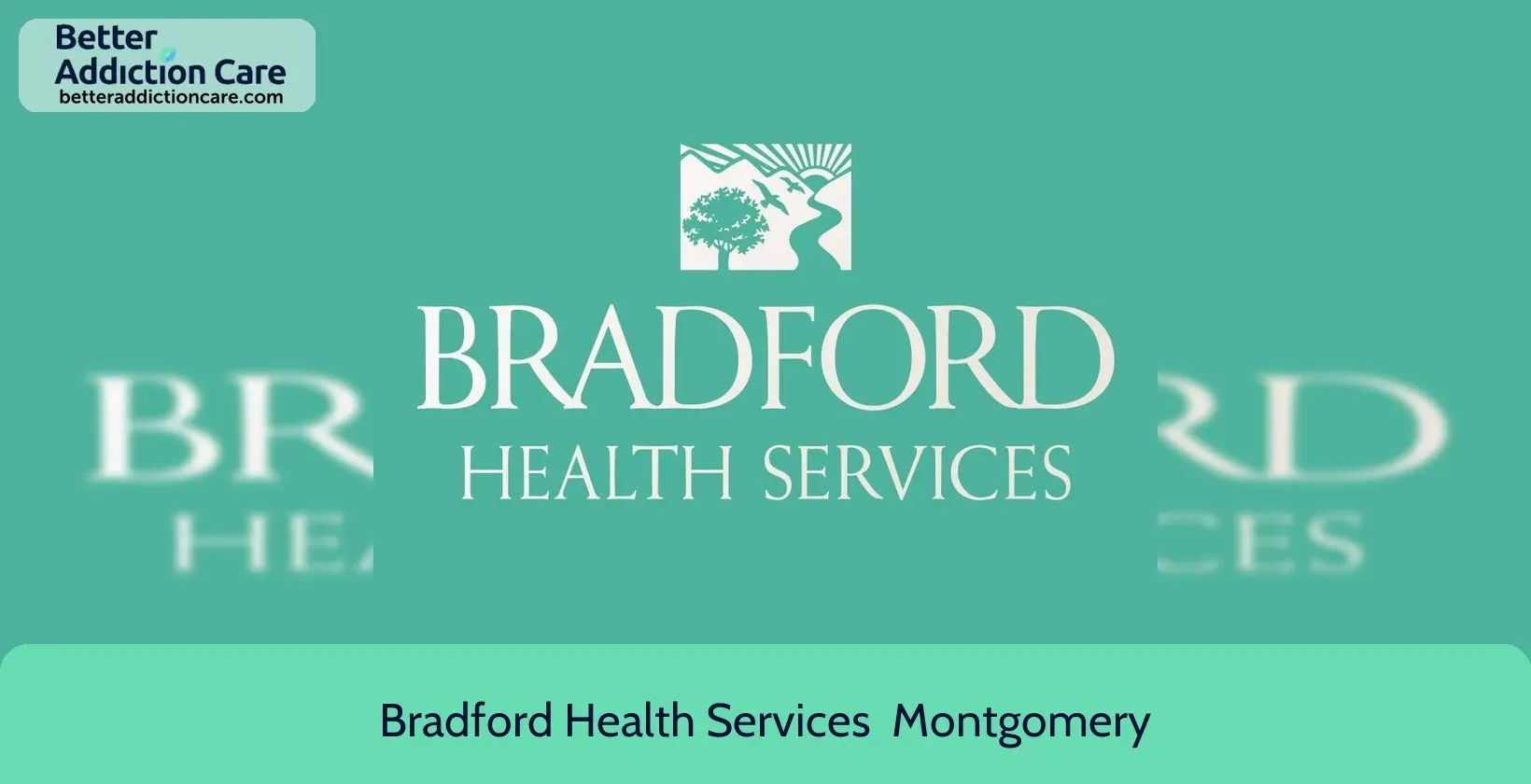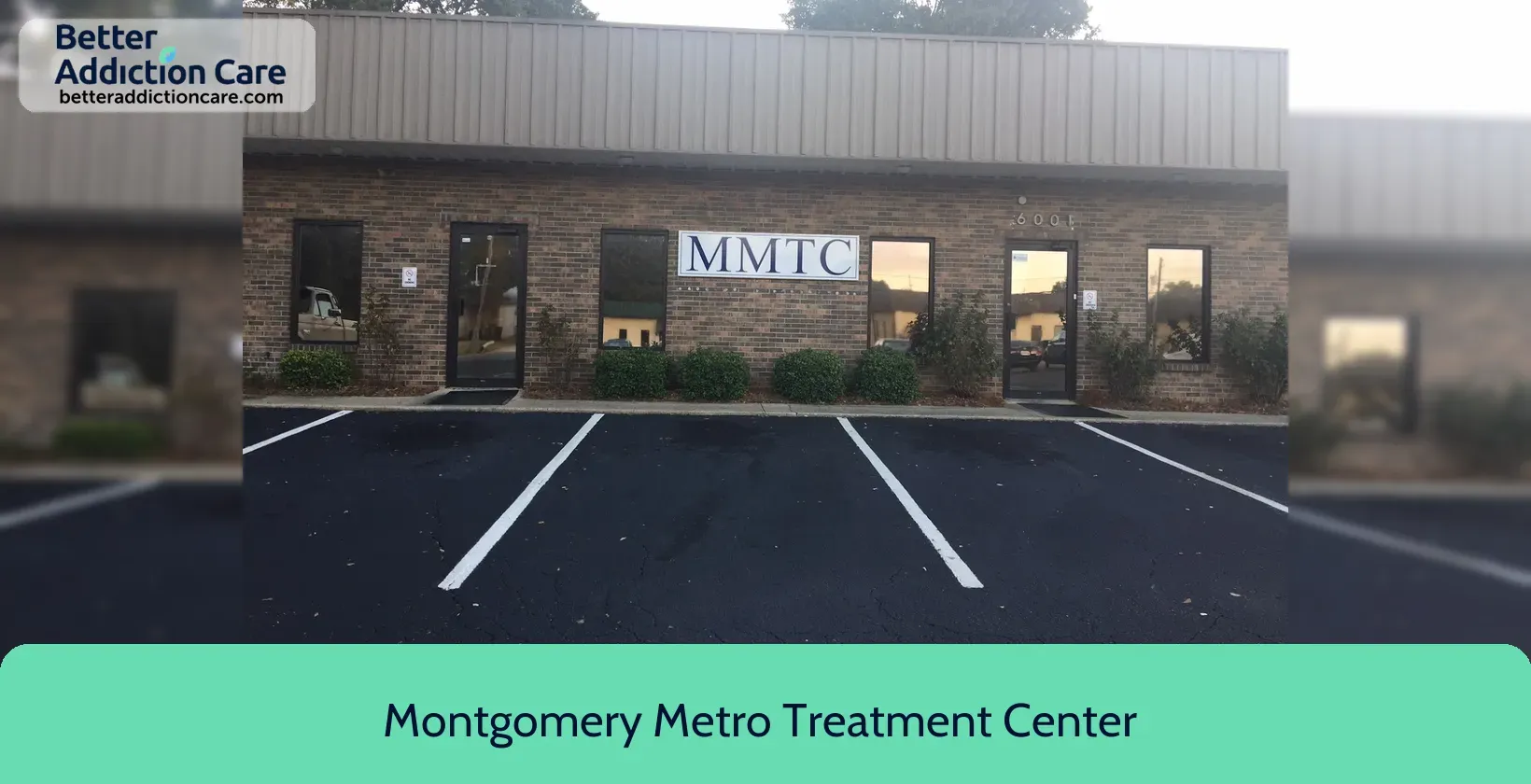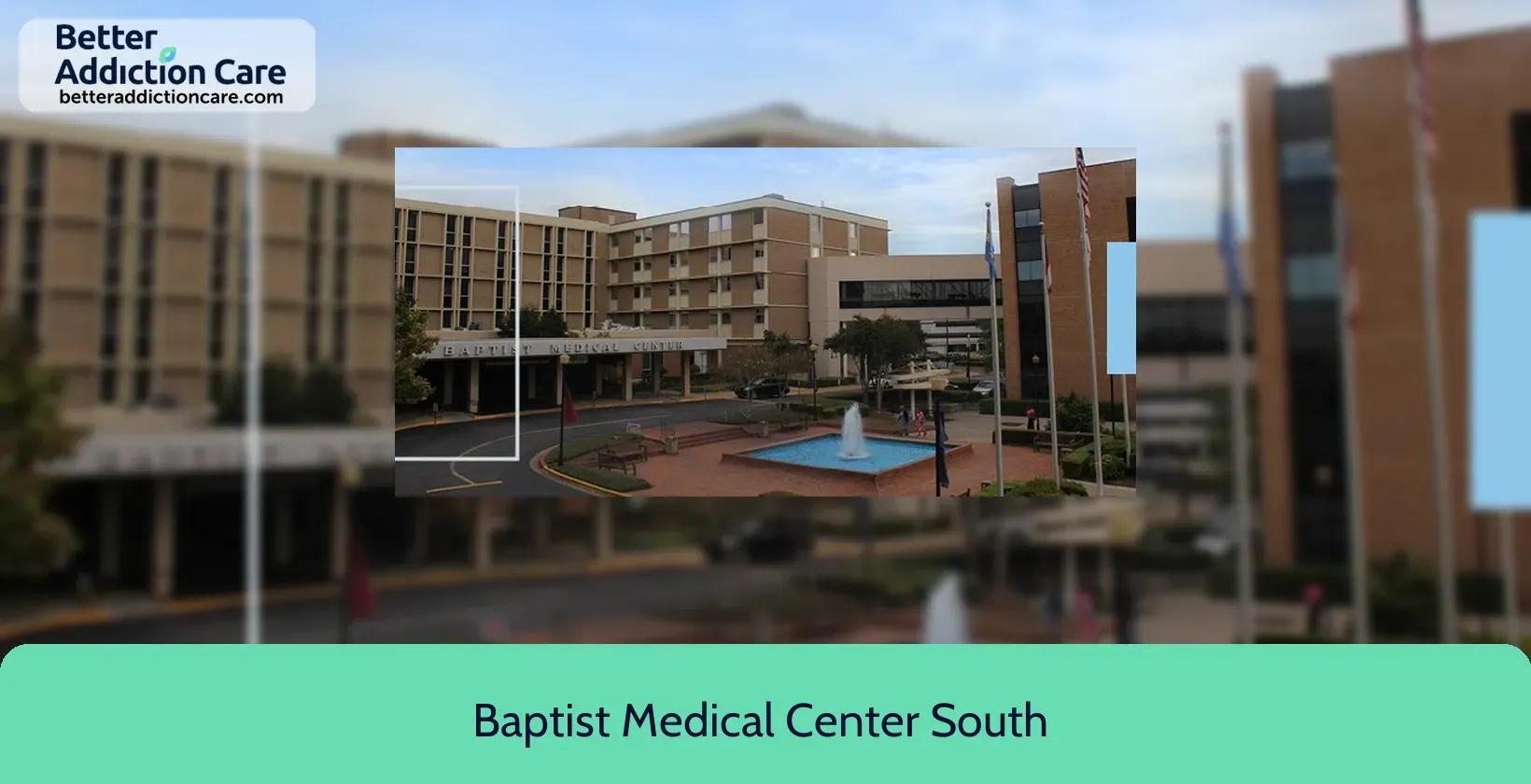Central Alabama VA Healthcare System - West Campus

Overview
Central Alabama VA Healthcare System - West Campus is a mental health treatment center for people seeking treatment near Montgomery County. As part of their treatment modalities for recovery, Central Alabama VA Healthcare System - West Campus provides couples/family therapy, group counseling, and cognitive behavioral therapy during treatment. Central Alabama VA Healthcare System - West Campus is located in Montgomery, Alabama, accepting cash or self-payment for treatment.
Central Alabama VA Healthcare System - West Campus at a Glance
Payment Options
- Cash or self-payment
- Private health insurance
- Federal military insurance (e.g., TRICARE)
- U.S. Department of VA funds
- Aetna
Assessments
- Screening for tobacco use
- Comprehensive mental health assessment
- Comprehensive substance use assessment
Age Groups
- Seniors or older adults
- Young adults
- Adults
- Seniors
Ancillary Services
- Assertive community treatment
- Case management service
- Chronic disease/illness management
- Diet and exercise counseling
- Education services
Highlights About Central Alabama VA Healthcare System - West Campus
6.82/10
With an overall rating of 6.82/10, this facility has following balanced range of services. Alcohol Rehabilitation: 8.00/10, Drug Rehab and Detox: 6.00/10, Insurance and Payments: 6.67/10, Treatment Options: 6.61/10.-
Alcohol Rehabilitation 8.00
-
Insurance and Payments 6.67
-
Treatment Options 6.61
-
Drug Rehab and Detox 6.00
Accreditations
Federally Qualified Health Center:
Federally Qualified Health Center (FQHC) accreditation is a process of evaluation and recognition by the federal government for community health centers that provide comprehensive and accessible healthcare services to underserved populations. FQHC accreditation is essential for centers to receive federal funding and to ensure that they meet standards for quality, patient-centered care.
The Joint Commission:

The Joint Commission accreditation for addiction and behavioral health is a prestigious recognition signifying a facility's commitment to delivering high-quality care and safety for individuals dealing with substance abuse and mental health issues. It involves rigorous evaluations and assessments, ensuring patients receive evidence-based treatment and exceptional care. This accreditation demonstrates a facility's dedication to continuous improvement and ethical practices, building trust among patients and healthcare professionals seeking top-tier addiction and behavioral health services.
Registration: 193842
SAMHSA certification for opioid treatment program (OTP):
SAMHSA's Opioid Treatment Programs (OTP) Accreditation is a rigorous recognition process, signaling an OTP's commitment to high-quality care for those with opioid use disorders. It assures patients, families, and the community that the program adheres to evidence-based practices, maintains a safe environment, and employs qualified staff. This accreditation represents a commitment to addressing the opioid epidemic and promoting recovery, symbolizing quality and accountability in opioid addiction treatment.
Treatment At Central Alabama VA Healthcare System - West Campus
Treatment Conditions
- Alcoholism
- Mental health treatment
- Substance use treatment
- Co-occurring Disorders
Care Levels
- Outpatient
Treatment Modalities
- Couples/family therapy
- Group counseling
- Cognitive behavioral therapy
- Dialectical behavior therapy
- Telemedicine/telehealth therapy
Ancillary Services
Languages
- Sign language services for the deaf and hard of hearing
Additional Services
- Pharmacotherapies administered during treatment
- Mentoring/peer support
- HIV testing
Special Programs
- Clients with co-occurring mental and substance use disorders
- Veterans
- Criminal justice (other than DUI/DWI)/Forensic clients
- Clients with HIV or AIDS
- Clients who have experienced trauma
Get Help Now
Common Questions About Central Alabama VA Healthcare System - West Campus
Contact Information
Other Facilities in Montgomery

6.62

6.62

6.91

6.89

7.45

7.56

6.72
Browse rehab centers near Montgomery and in other cities across Alabama
DISCLAIMER: The facility name, logo and brand are the property and registered trademarks of Baptist Medical Center South - Crossbridge Behavioral Health, and are being used for identification and informational purposes only. Use of these names, logos and brands shall not imply endorsement. BetterAddictionCare.com is not affiliated with or sponsored by Baptist Medical Center South - Crossbridge Behavioral Health.
